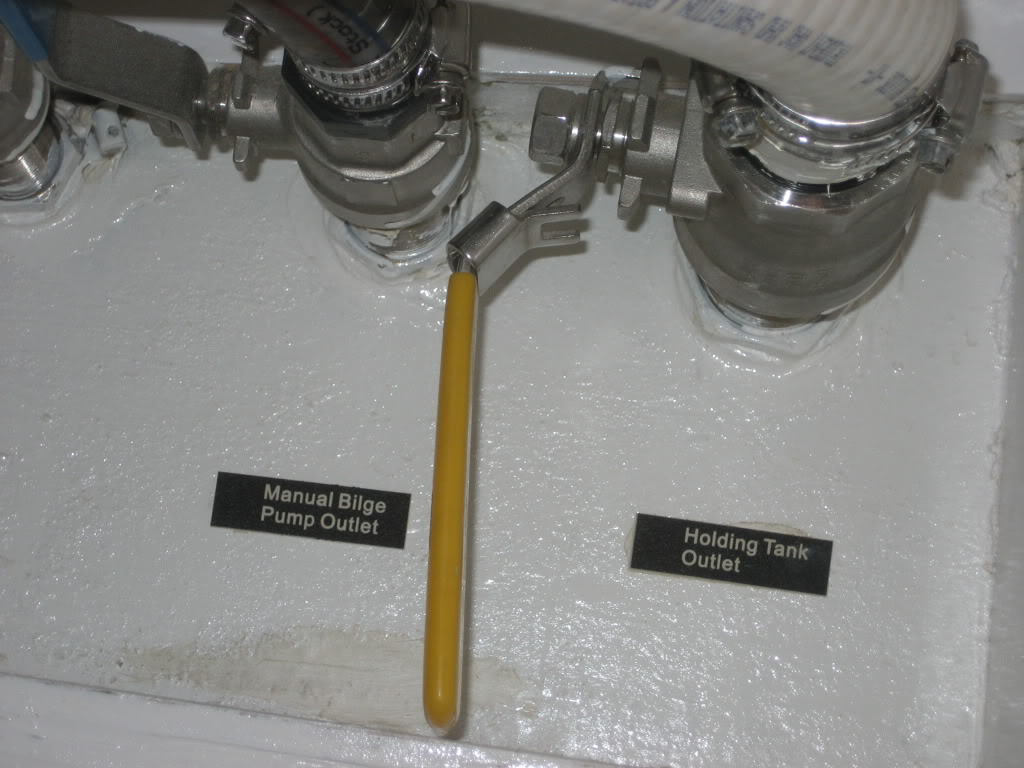Nomad Willy
Guru
George (caltexflank) says
"Again, no they are not at pure idle, they put a load on them. For instance, many of those you used to see "idling" have refrigerated trailers. But go around a big truck stop some night, talk to the guys. You'll be brought up to date. In a prior life I had a distribution company that served this market, went to the trade shows, got to know some fleets, learned what's up."
So I don't know what's up eh? Those refers have there own engine for the refrigeration. The only load on their engines that I can think of is lights and the heater fan. And you say your information comes from a "prior life". Where does the engine load come from George?
__________________
"Again, no they are not at pure idle, they put a load on them. For instance, many of those you used to see "idling" have refrigerated trailers. But go around a big truck stop some night, talk to the guys. You'll be brought up to date. In a prior life I had a distribution company that served this market, went to the trade shows, got to know some fleets, learned what's up."
So I don't know what's up eh? Those refers have there own engine for the refrigeration. The only load on their engines that I can think of is lights and the heater fan. And you say your information comes from a "prior life". Where does the engine load come from George?
__________________








 I would much rather check and double check at the dock. I also call my diesel mechanic and neighbors to let them know when we are going to leave the dock, so they are on full alert.
I would much rather check and double check at the dock. I also call my diesel mechanic and neighbors to let them know when we are going to leave the dock, so they are on full alert.